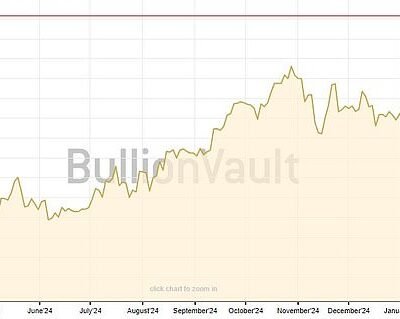Rohan worked in Mumbai, helping people with their money. Lately, many of his investors were scared. The stock market was going up and down a lot, like a bumpy ride. Because of this, many investors wanted to stop putting money into their mutual fund SIPs.
The mutual fund SIP stoppage ratio climbed to 122% in February, rising from 109% in January 2025, signalling a higher number of investors either discontinuing their SIPs or reaching the end of their investment tenure rather than initiating new ones. During the first 11 months of the current financial year, the SIP stoppage ratio stood at 72%, with 462 lakh SIPs discontinued against 639 lakh new registrations. In comparison, FY24 recorded a lower stoppage ratio of 52%, as per data from the Association of Mutual Funds in India (AMFI).
Vishwanathan Iyer, Senior Associate Professor and Director of Accreditation at Great Lakes Institute of Management, Chennai, said that the recent surge in halted SIPs is fascinating as well as a concerning signal from retail investors’ point of view. “Market volatility and economic uncertainty have triggered a behavioural shift – what we are witnessing is a recalibration of risk appetite. While some investors are pausing due to immediate liquidity pressures, others are reassessing their long-term strategies in the face of fluctuating returns,” said Iyer.
SIPs are like putting a little bit of money aside regularly to buy mutual fund units. When the market goes down, your money buys more units. When it goes up later, those extra units can help you earn more. But because the market was so jumpy, investors were worried about losing more money. They saw their investments go down and felt scared. They didn’t want to put in more money if it might just disappear.
“The advantage of SIP is that they take advantage of market volatility, and hence, in the current times, investors should not only continue their SIP but make lump sum investments when market corrects. Investors can also do SIP Top Ups to increase their SIP investments especially during correction phases, so they can make more units during market downfalls,” said Vaibhav Shah, Head – Products, Business Strategy and International Business at Mirae Asset Investment Managers India.





